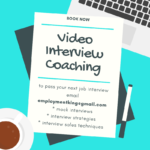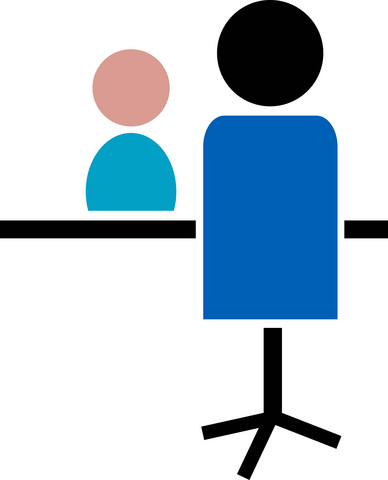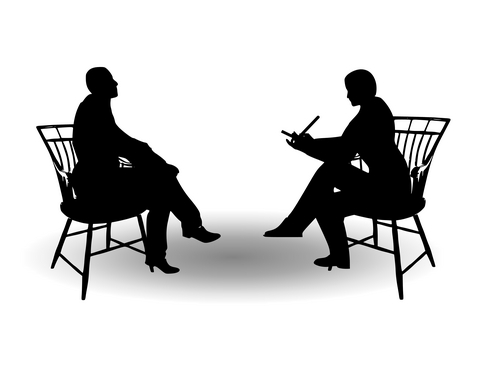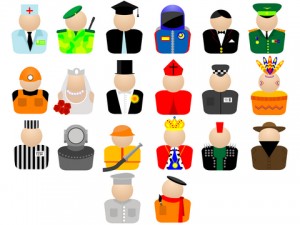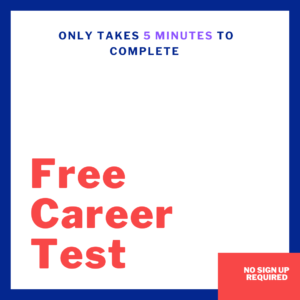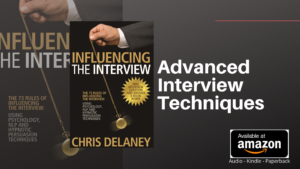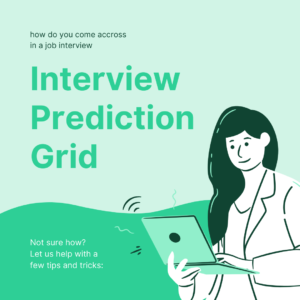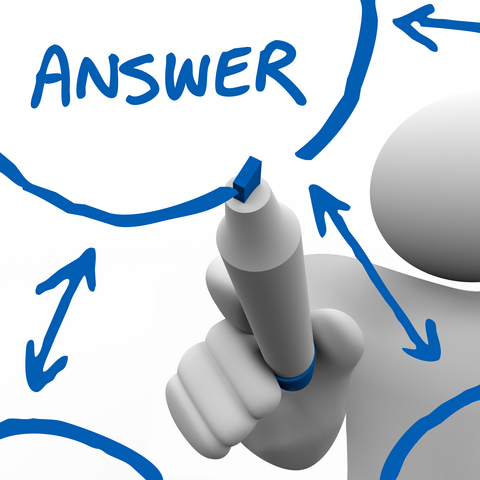Retail is one of the biggest industries in the UK, recruiting entry-level to senior leadership staff, with lots of opportunities for progression for motivated employees.
This article will give you the commonly asked job interview questions in retail (sales staff, check out operators)
By understanding the job interview structure and by knowing the commonly asked retail questions you can easily prepare for a winning job interview, securing you the job.
On average you will be interviewing against 10 other applicants (also be aware that many large retail organisations will first host a group interview selection day)
Common Asked Retail Job Interview Questions
-
Can you tell me about your retail experience?
This retail question is asked for two reasons; 1 it is an open question to get you talking/feeling relax. 2 to gain a general overview of your potential as an employee
Answer this question by summarising your retail experience and state your unique selling point
2. What is do you know about this organisation?
This question is rarely asked in other industries but is still a commonly asked interview question in the retail industry.
The reason is, retail companies have a brand, a brand that the customer buys into. They are looking for staff that fit this brand, staff that believe in the brand and staff that have a passion for what they sell.
If you know (and are enthusiastic) about the brand you will sell more goods
3. What does customer service mean to you?
You may be asked several customer services related interview questions. The customer is king, as the old saying goes.
If an interviewer asked this question then you are applying for a retail company that values its customers. Many retail companies will want to build a relationship with their customer base as this increase customer loyalty which increases sales
You need to answer this question by explaining how the employee’s customer service skills have a direct impact on sales because customer service increase sales as we have described above
4. Give an example of when you have turned around an angry customer?
A typical customer related job interview question for most retail job interviews. The approach here is simple; first, make it easy for the interviewer to understand the situation – so many interviewees miss this section of the interview question strategy.
Explain in one or two sentences what happened, the reason the customer was unhappy.
Next, give 3 actions you took to resolve this situation and finally explain the positive outcome, often the best perspective for this part of this strategy is to tell it from the customer’s point of view
5. How would you have a positive effect on your colleagues and team?
A big part of the job applicants’ job criteria is to have the ability to work as part of a close-knit team. You will be asked one way or another about your ability to work within a team.
Start this answer by simply explaining how you enjoy working as part of a team. Now you have ticked this box you need to give a real-life example. A good frame for this job interview answer is to give a helper perspective.
Describe how a colleague was having a problem and how this problem affected the output of the whole team. Go on to describe how you took action and explain the action you took. Follow this up with the positive outcome focusing on how the whole team benefited from your quick actions
6. What would you do if you saw a co-worker being rude to a customer?
Retail job interviews are full of “what if..” questions, often relating to teamwork and/or customer service.
A good way to approach the what-if question is to state how this has happened to you, before going on to explain how you handled the situation.
Again like the questions above, state the situation, the actions you took and the positive outcome you achieved.
7. If a customer brought a product and wanted a refund what would you do?
Another example of the “what if” question.
To approach customer service questions, think about the situation from the customer’s perspective. What service would you want to receive in this situation?
Start by explaining how good customer service is important to you and how good customer service has a positive impact on the profit of the organization – this shows you understand the business as well as the customer service side of things
A reference that you would follow the companies processes and procedures but no matter what they are you would make the customer feel valued and listened to.
8. Do you have any questions for me?
A guaranteed question is the “do you have any questions for me?” question. And your answer should be YES! Always ask a question. Good questions to ask in retail job interviews are;
- are you looking to expand
- what is your approach to customer service
- how do you develop staff
- what is the team like
- what is the best part of your day


